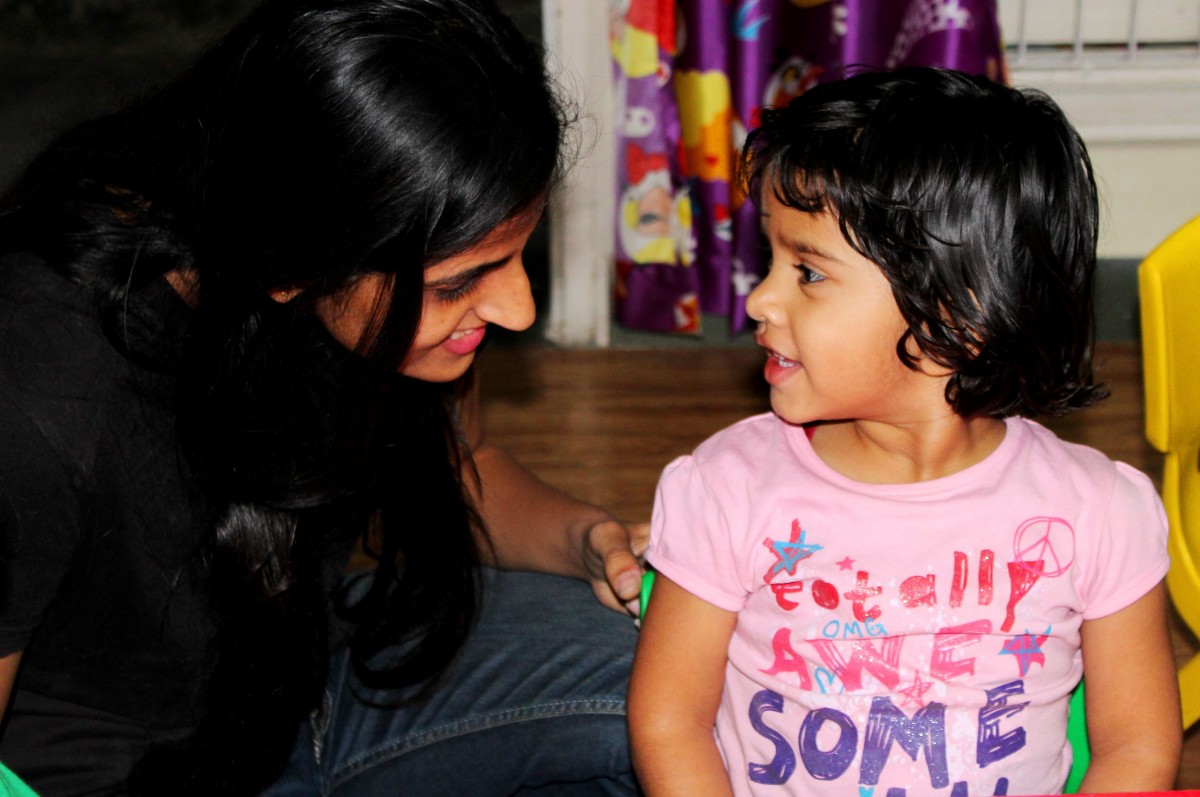
Nurturing Discipline: Thoughtful Approaches to Guide Your Child’s Behavior
Navigating the world of parenting involves not just love and care but also the art of instilling discipline in your child’s life. As parents, we strive to guide our children toward positive behavior using thoughtful approaches that nurture their growth and character. In this comprehensive guide, we’ll explore seven strategies to foster discipline in a way that supports your child’s development.
Creating a Foundation: Setting Clear Expectations
Establishing clear expectations is the foundation of effective discipline. Clearly communicate rules and boundaries, helping your child understand what is expected of them in various situations.
Consistency is Key
Consistency reinforces expectations. Be consistent in your rules and consequences, providing your child with a stable framework for understanding right from wrong.
Positive Reinforcement: Celebrating Good Behavior
Encourage positive behavior by acknowledging and celebrating your child’s achievements and efforts. Positive reinforcement creates a nurturing environment where your child feels appreciated.
Praise and Encouragement
Offer genuine praise for specific actions or behaviors. This not only boosts your child’s self-esteem but also reinforces the idea that positive actions lead to positive outcomes.
Reward Systems
Implementing a reward system can be effective. Whether it’s a sticker chart or a small treat, rewards serve as tangible acknowledgments of good behavior.
Communication is Key: Talking and Listening

Effective communication is a powerful tool in nurturing discipline. Create an open dialogue with your child, allowing them to express themselves and fostering a sense of understanding.
Active Listening
Practice active listening by giving your full attention when your child is talking. This not only shows respect but also encourages your child to communicate openly.
Use of “I” Statements
When addressing behavioral issues, use “I” statements to express your feelings without placing blame. This helps your child understand the impact of their actions on others.
Consequences with Compassion: Teaching Life Lessons
Applying consequences is an inevitable part of discipline, but it’s essential to approach it with compassion. Consequences should be educational, teaching your child about responsibility and accountability.
Natural Consequences
Allow your child to experience the natural consequences of their actions when appropriate. This helps them understand cause and effect.
Time-Outs
Implementing a time-out gives both you and your child a chance to cool off. Use this time to reflect on the behavior and discuss it calmly afterward.
Leading by Example: Modeling Behavior
Children learn by observing, and as a parent, you are their primary role model. Demonstrate the behavior you wish to see in your child, fostering a positive and respectful environment.
Displaying Patience
Model patience in handling challenges. By remaining calm in difficult situations, you teach your child the value of composure.
Expressing Empathy
Show empathy toward others. This not only instills compassion in your child but also helps them understand the feelings of those around them.
Collaborative Problem-Solving: Involving Your Child
Include your child in the decision-making process when addressing behavioral issues. Collaborative problem-solving empowers them and teaches valuable conflict resolution skills.
Discussing Solutions Together
Engage your child in discussions about finding solutions to challenges. This promotes critical thinking and a sense of responsibility.
Encouraging Independence
Provide opportunities for your child to make choices within the boundaries you’ve set. This encourages independence and a sense of control over their actions.
Cultivating a Supportive Environment: Home as a Safe Haven
Create a home environment that fosters a sense of security and support. A supportive atmosphere encourages your child to share their thoughts and feelings, making discipline more effective.
Open Door Policy
Maintain an open door policy where your child feels comfortable discussing any concerns. This builds trust and reinforces your role as a supportive guide.
Quality Time
Spending quality time with your child strengthens your bond. It also provides opportunities for positive reinforcement and constructive conversations.
Guiding Light: Fostering Discipline with Love
As we navigate the journey of parenting, fostering discipline is not about control but about guiding our children toward becoming responsible and compassionate individuals. Embrace these thoughtful approaches to discipline, creating an environment where your child feels loved, supported, and equipped to make positive choices.
You May Also Like

Child Punishment: Is It Ok?
2022-05-03
How to Feed Baby
2022-11-22

